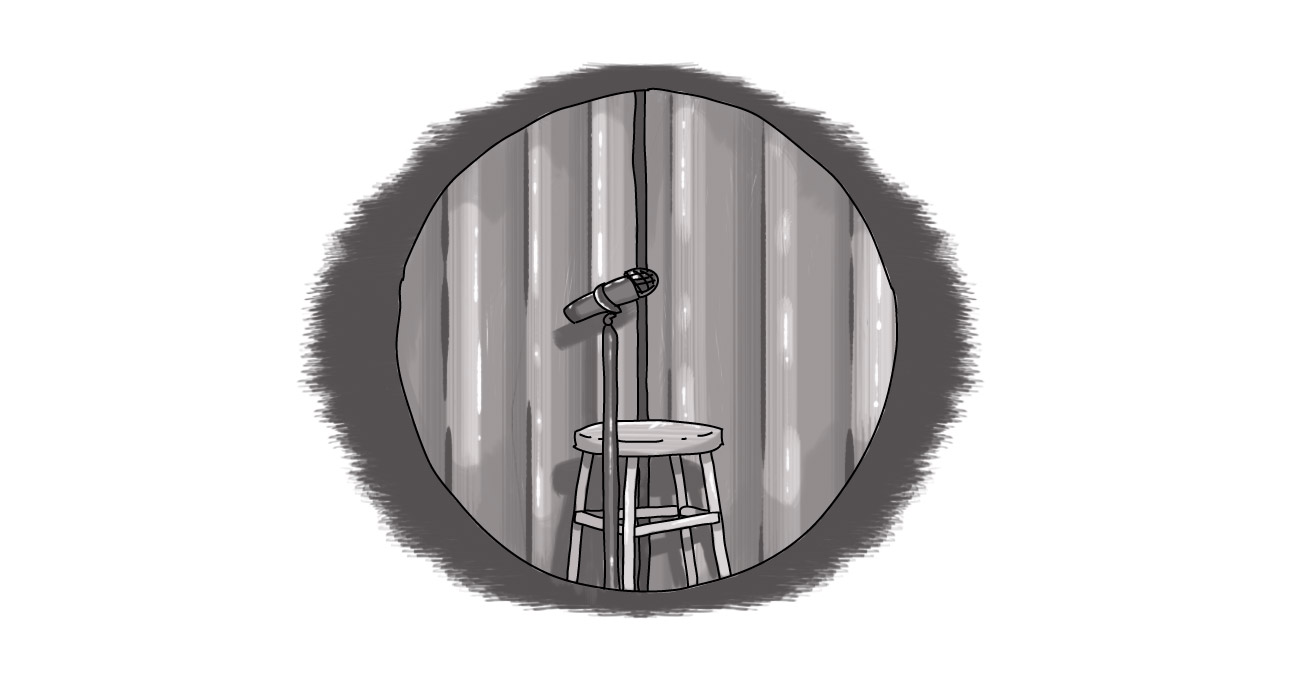Can Business Be Humble and Promotional at the Same Time?

True humility is hard to find these days. But when you find a package that combines talent, intelligence, and performance, but is actually wrapped up in honest-to-goodness humility, then you have business gold.
It's a big topic, which is why I want to break it down into two blogs. Today's blog is about the challenge many businesses face of promoting your business without bragging. Tomorrow's will be on humility in leadership.
And they're both inspired by the TechAlliance Breakfast Club event, we attended yesterday morning. The Techcellent Leadership 2014 panel, comprised of the four winners of the recent Techcellence Awards, discussed effective leadership strategies.
Digital Echidna was ably represented by our IT professionalism award winner, Scott Reeves, and all panelists spoke eloquently about their experience and views. But it was a word that Jack Lee, the chief operating officer at MDDT Inc. (Movement Disorders Diagnostic Technologies), said that perfectly summed up what – in my opinion – makes the most effective leaders.
Humility.
Tomorrow, I'll address humility in individual leadership and management; today's challenge is how to position yourself as a corporate leader without coming across as arrogant and insincere.
We live in a time where being "humble" is a commodity. The appearance of humility is, for some, more important than actually being humble. In the social world, there's even a term for it – the humble brag.
In the corporate world, you'll see it frequently in social media and public relations. You could even make a pseudo-mathematical formula for it:
- Promote event/activity/site, add self-effacing humour and/or deflect credit = we want you to know how great we are, but since no one is saying it on our behalf, we're going to do it under the guise of 'supporting' our partner/cause/product.
As someone who has worked in marketing, public relations, media, and corporate communications over the years, I've seen it from all sides. I've been the user and the usee. And it's something to this day that I struggle with.
Luckily, I've found a home at Digital Echidna that is also facing the same struggle. And it's a challenge that many of our clients also face. Simply put, we know we're good, we know we do good work, and we are proud of our efforts – both socially and for our clients. We prefer to let our efforts stand for themselves and don't shout "look at me" from the rooftops.
But there's a game that is still being played – and often we question whether we're staying on the sidelines, or just competing in a different sport.
I think it's the latter – and I'm comfortable with that. We often say we don't build sites to win awards, but rather we build sites to make our customers happy. And that happiness is reward in and of itself (not to mention the positive referrals we get.) Is it as visible? Likely not, but we're confident that we're doing the right thing.
So how do you play the game without losing your soul? To be honest, we don't have all the answers. We're still trying to figure it out and it's a work in process. We have successes and we make mistakes. But at the root of it all is honesty. And we live by the same advice we give our clients. Marketing a product is easy; marketing a person, a philosophy, or social responsibility is much more challenging.
We do our best to promote our clients and partners through social media; we don't go out and announce when we've launched a donated site – we leave that to our clients and we'll support their efforts. We try not to shine the spotlight on us, but we're happy to amplify it when it's applied to our clients and partners.
We haven't played the award game all that much, but we're starting to dip our toes in the water – especially when it comes to recognizing our own talent. Scott's IT professionalism award is a perfect example – Scott deserved that recognition and we worked to make sure it happened.
In the end, we support causes and partners because we believe in them. If we can find a way to amplify their reach and success, then we're happy to do so. What we haven't done is highlight our involvement. Should we? Some would argue yes. Does it cheapen the value of our efforts if we use them to benefit ourselves? We don't go into partnerships thinking "What can we get out of it?" But how aggressive should we be? We've long believed it's enough to be good corporate citizens for its own; but is it wrong for those companies who want others to know how 'good' they are?
Maybe I'm hypersensitive. I've worked in a place where brand tie-ins and public exposure were the starting point for any community involvement. Instead of being an ancillary benefit, it was the primary decision-making factor.
What's the answer? Simply be true to who you are. Determine what your own motivations are and act upon them. If you want to help, help. If you want to be known for helping, that's OK too. It's your business and your decision. There is no universal right or wrong answer here – it's all relative to your beliefs and foundations.
And now we turn it over to you! Share your thoughts on Twitter (@digitalechidna) or Facebook, or send us an e-mail and tell us how you deal with this issue.
Is it OK to promote charity work?
How should we market ourselves?
Is it wrong to benefit from corporate social responsibility efforts?
SUBSCRIBE TO OUR E-NEWSLETTER
 Subscribe
Subscribe


